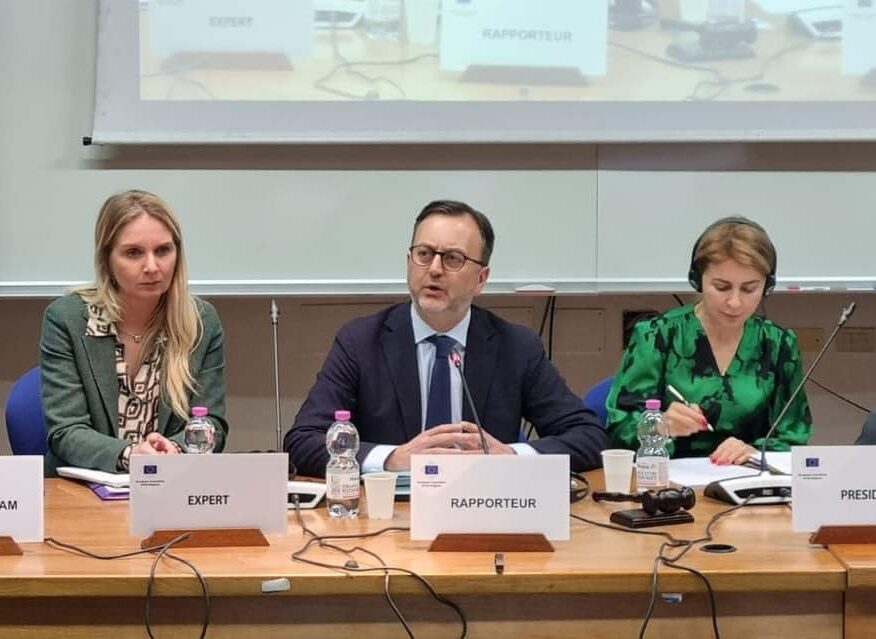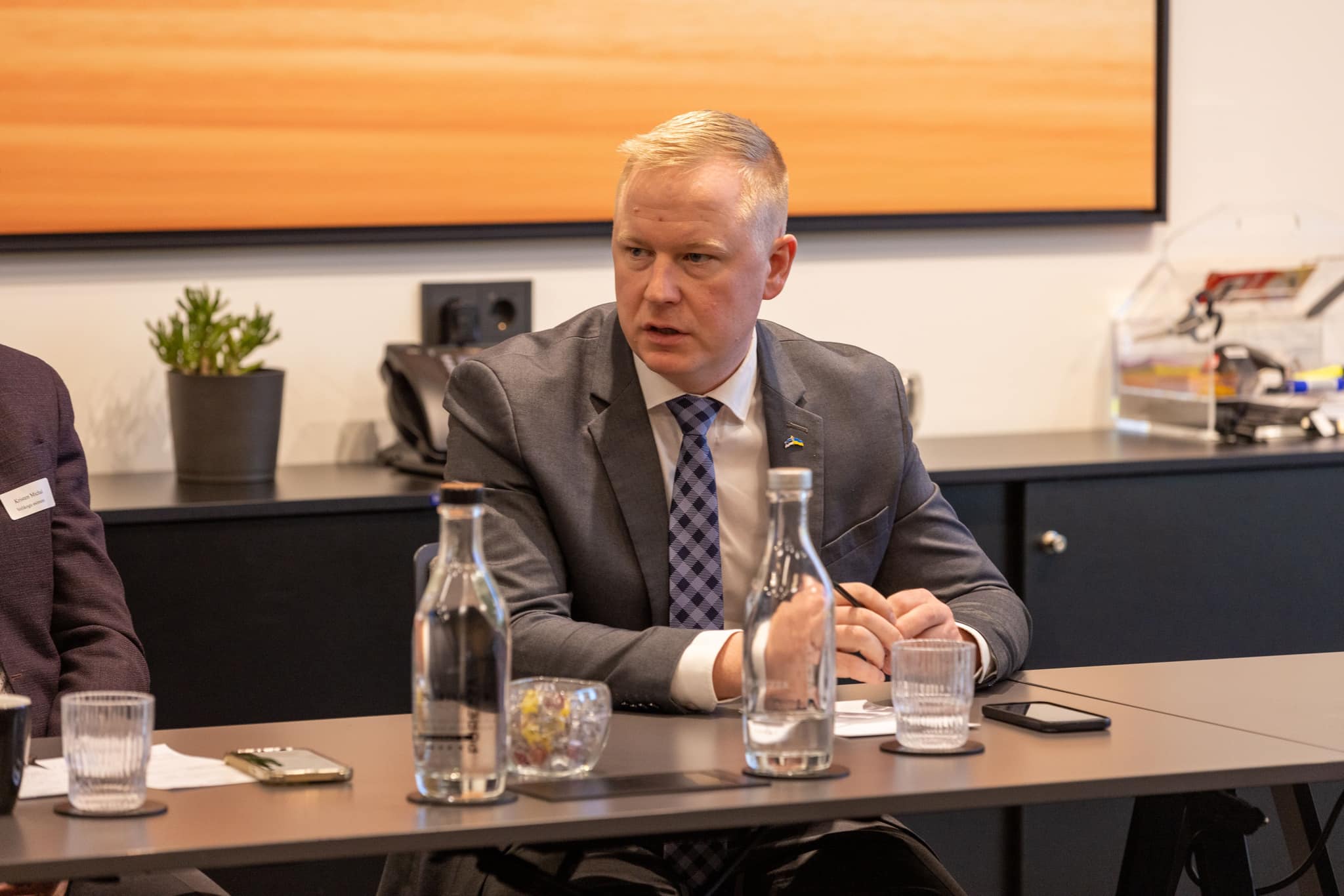Social innovation is a new approach which can be a key instrument for combating youth unemployment, bringing people with greater difficulties into the labour market and revitalising more outlying regions and run-down urban areas.
Today’s social challenges are cross-border in nature and often end up being dealt with by the local and regional authorities in Europe: unemployment, financial and economic crisis, climate change, aging population, the arrival of migrants,… These local authorities have at the same time fewer financial resources available to cope with these complex challenges, and existing approaches are insufficient.
This is where social innovation comes in: new ideas (products, services and models) that simultaneously meet social needs (more effectively than alternatives) and create new social relationships and partnerships.
A good example is the Dementia Testbed in Tilburg, the Netherlands. This lab, which takes care of Alzheimer patients, brings together businesses, educational and knowledge institutions, carers, patients and their families who all work together to help patients live longer and more comfortably at home.
Rapporteur Marcelle Hendrickx:
Innovation often begins locally and on a small scale, but can be useful and applicable to people throughout Europe. In order to use the potential of social innovation to the fullest, an environment is needed which allows it be scaled up.
To tackle problems in a novel way and at grassroots level, social innovation can therefore play a crucial role in creating social, economic and territorial cohesion. The EU could act as a driving force and facilitator to provide a link between the various parties involved to address societal challenges, improve the quality of life of its citizens by at the same time strengthening innovations. Promoting social innovation will however often require local authorities to continue playing a leadership and coordinating role in terms of bringing all stakeholders together, promoting good initiatives, creating flexible legal frameworks and ensuring that knowledge is shared.
Download the report on all EU languages
Great achievement: #CoRPlenary unanimously approves @marhendrickx @d66 report urging for social #innovation: https://t.co/kMYPtsSKJp. pic.twitter.com/k3bOeBP0U1
— ALDE-CoR (@ALDE_CoR) May 11, 2017





